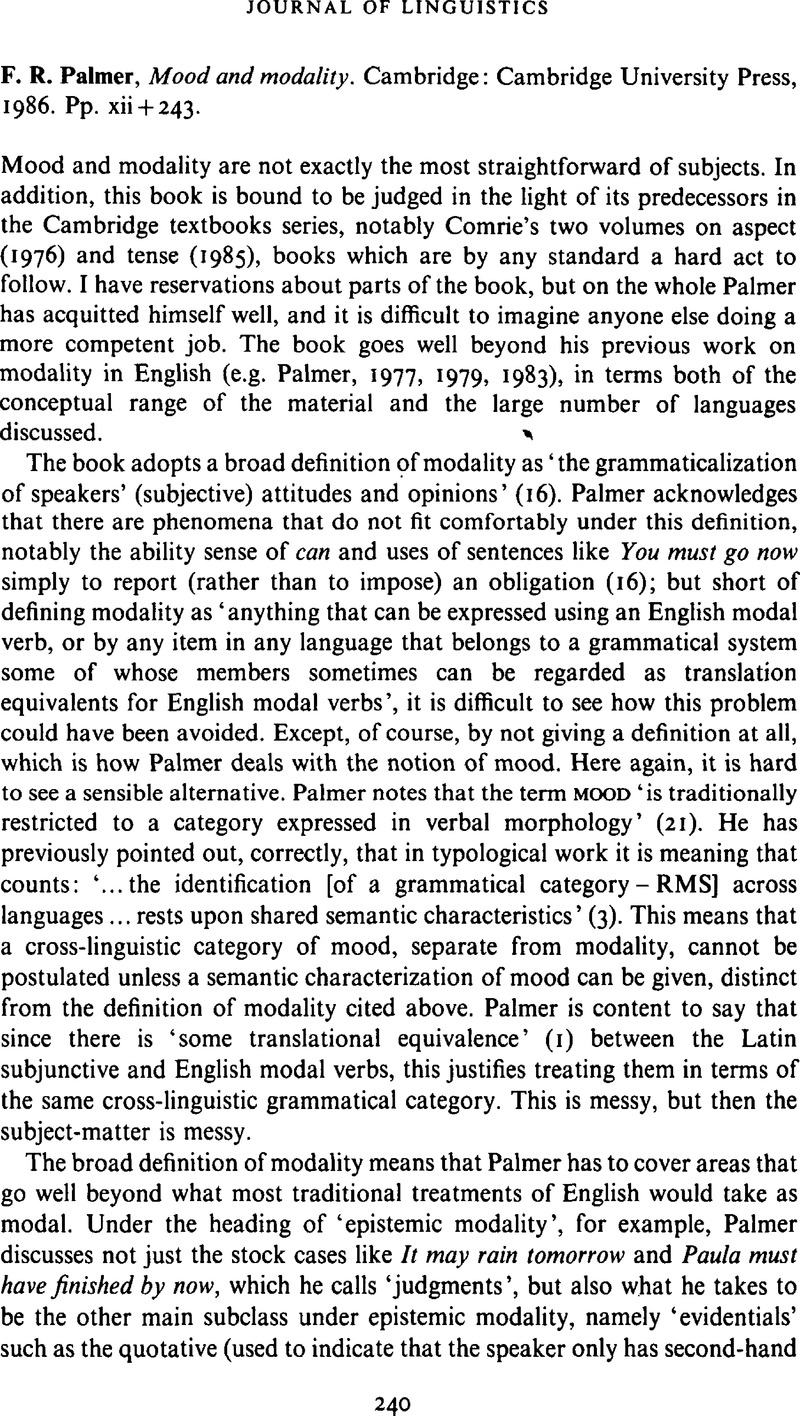Crossref Citations
This article has been cited by the following publications. This list is generated based on data provided by Crossref.
Floyd, Rick
1996.
Cognitive Linguistics in the Redwoods.
p.
895.





